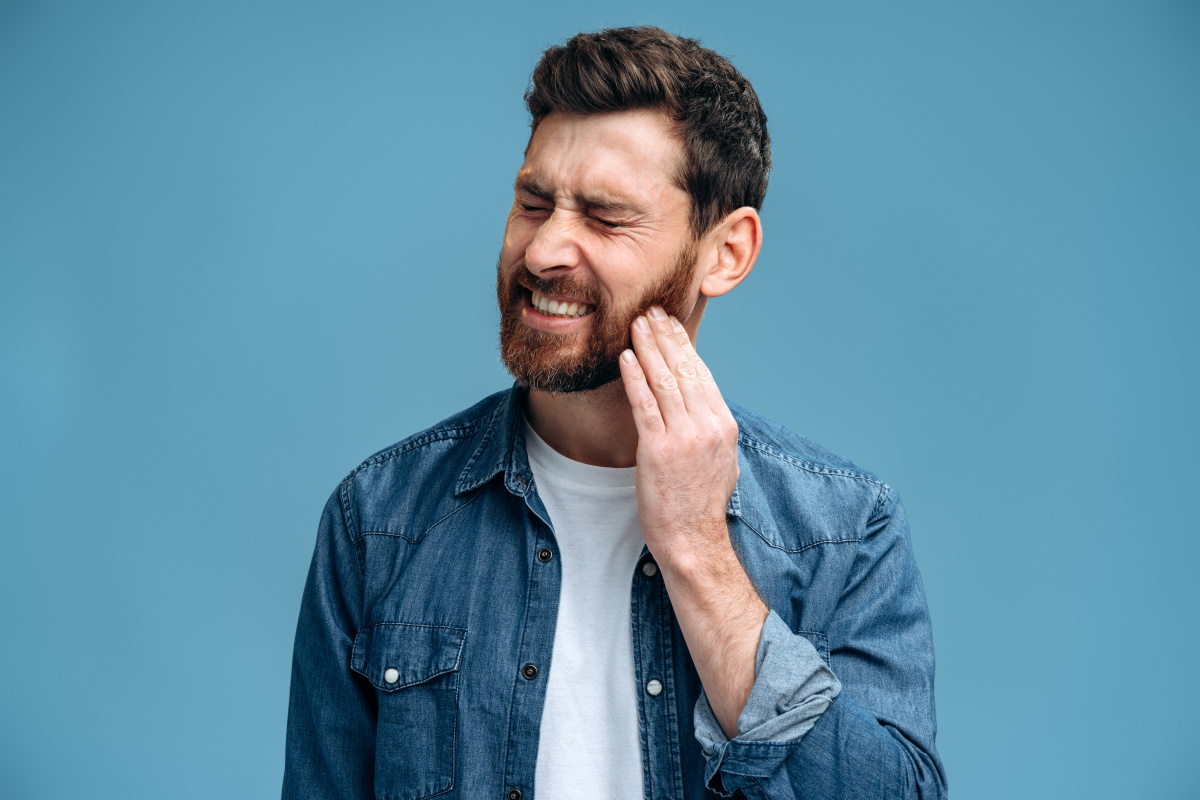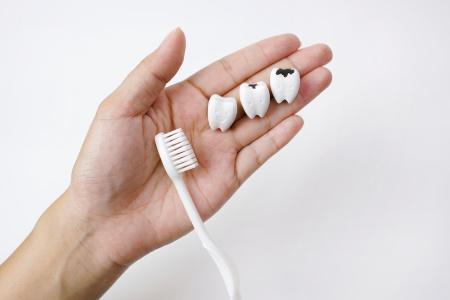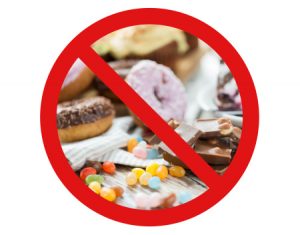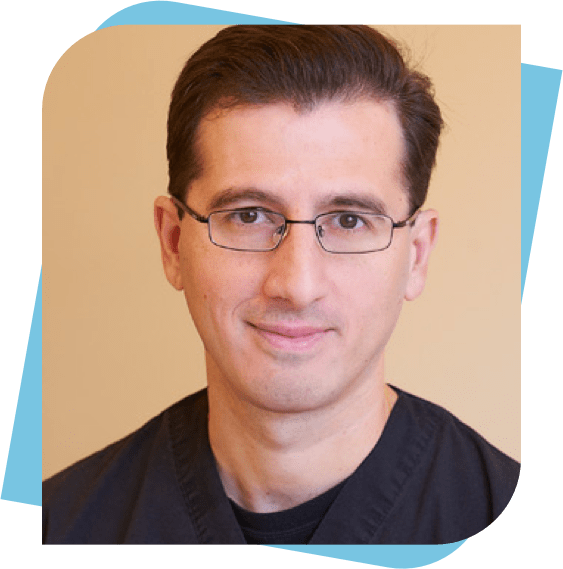Many of us grew up learning that the best way to prevent cavities was to brush twice a day and floss.
Despite following a good oral hygiene routine, many people still wind up needing fillings. What a lot of us don’t realize is that brushing and flossing our teeth regularly is only one part of the battle in keeping cavities at bay.
Tooth decay is one of the most infectious and common diseases in the world, with one out of four adults having cavities. This disease can permanently damage areas on the surface of your teeth, and if not caught early on it may result in tooth loss.
Learning how cavities can happen even with a good oral hygiene routine will help to reduce the risk of getting them.
Contents
How Do Cavities Form?
A cavity is a damage to the tooth that occurs as a result of untreated tooth decay.
The first stage of tooth decay is called demineralization, which is when the teeth are repeatedly exposed to acids from foods. The bacteria living on the plaque of your teeth begin to produce acid when you ingest sugary foods.
This acid eats away the enamel on your teeth, which acts as a protective barrier to the rest of the tooth. The continued destruction of the enamel leads to tooth decay, eventually causing holes in the teeth or cavities.
If the cavity is left without intervention, the decay can reach the dentin and pulp of the tooth, creating dental abscesses and resulting in tooth loss.
Sometimes It’s Your Genetics
Some people, no matter how good their oral hygiene is, face a higher risk of developing dental health issues because it runs in the family. Approximately 60% of tooth decay risk appears to derive from genetics.
Although brushing and flossing regularly considerably curb cavities, hereditary problems can cause weak tooth enamel, jaw disorders, and discoloured teeth. These factors make individuals more prone to developing tooth decay than others.
Poor Diet Choices
Everyone’s likely been told that eating sugary foods or beverages such as candy, sports drinks, sodas, and cereals can lead to tooth decay and cavities.
Recently, other items have been added to the list of foods that are bad for your teeth including starchy, highly acidic, and sticky foods. This doesn’t mean that you have to completely avoid these foods, but if you’re prone to getting cavities, you should consider limiting them.
Having good oral health habits will not be enough to prevent decay if you regularly indulge in unhealthy foods.
Teeth Grinding
Whether it’s caused by TMJ disorders, abnormal bites, or a sleep disorder, teeth grinding is a common habit that hinders your oral health.
Many people don’t realize they have bruxism, as it mostly occurs during the night. The pressure applied when grinding occurs wears down the enamel, making it easier for bacteria to access the inner structure of your teeth.
Professional Dental Cleaning at Costello Family Dentistry
If you’re facing oral health problems despite having a stellar hygiene routine, it’s best to have a dental check-up.
There are a handful of factors that can cause tooth decay, but with the help of regular dental cleanings, the risk of getting cavities is significantly diminished.
Our team of expert dental hygienists work hard to ensure you receive a thorough teeth cleaning that will leave you with a bright, white smile.
Get in touch with us to learn more about dental cleanings and book your appointment today.






